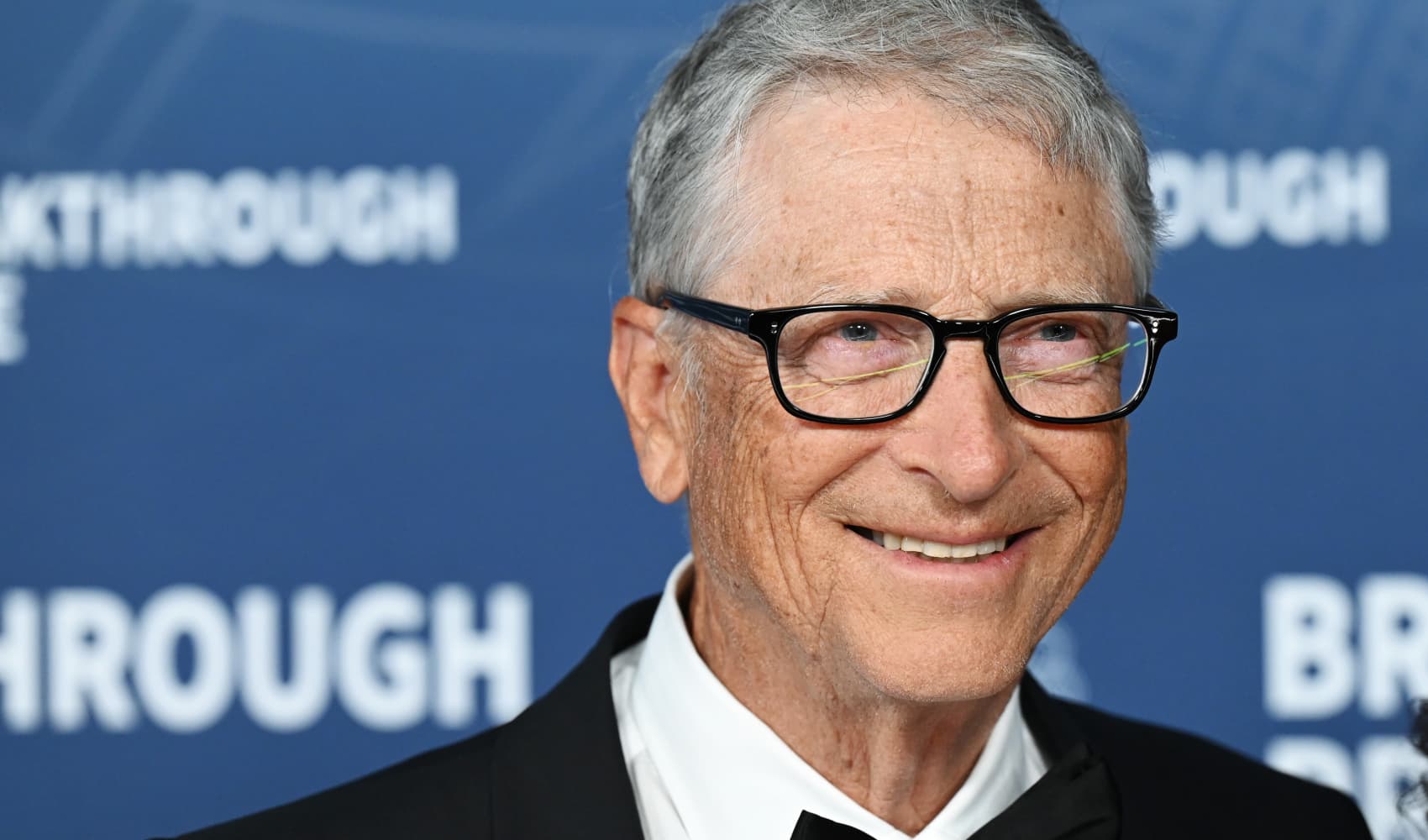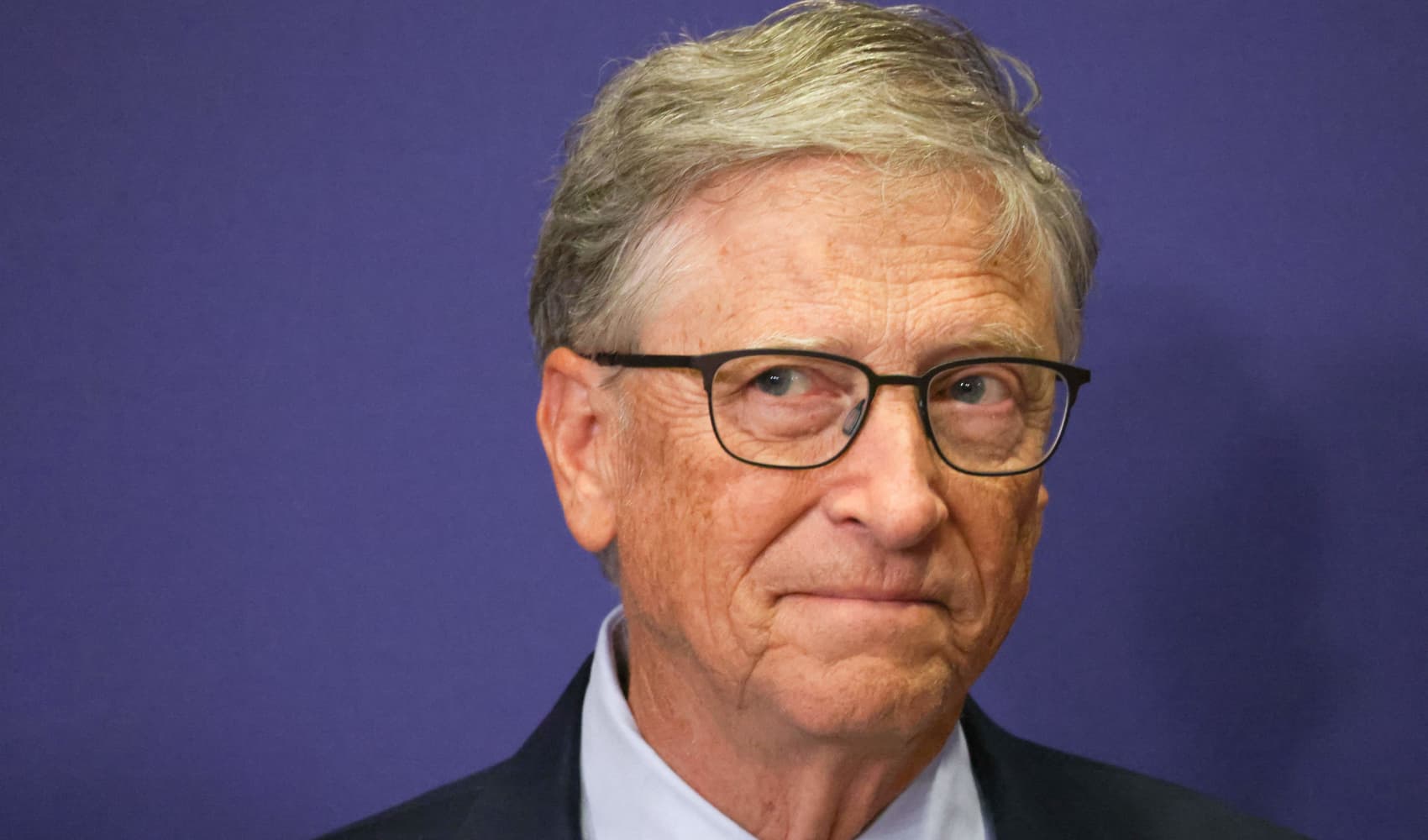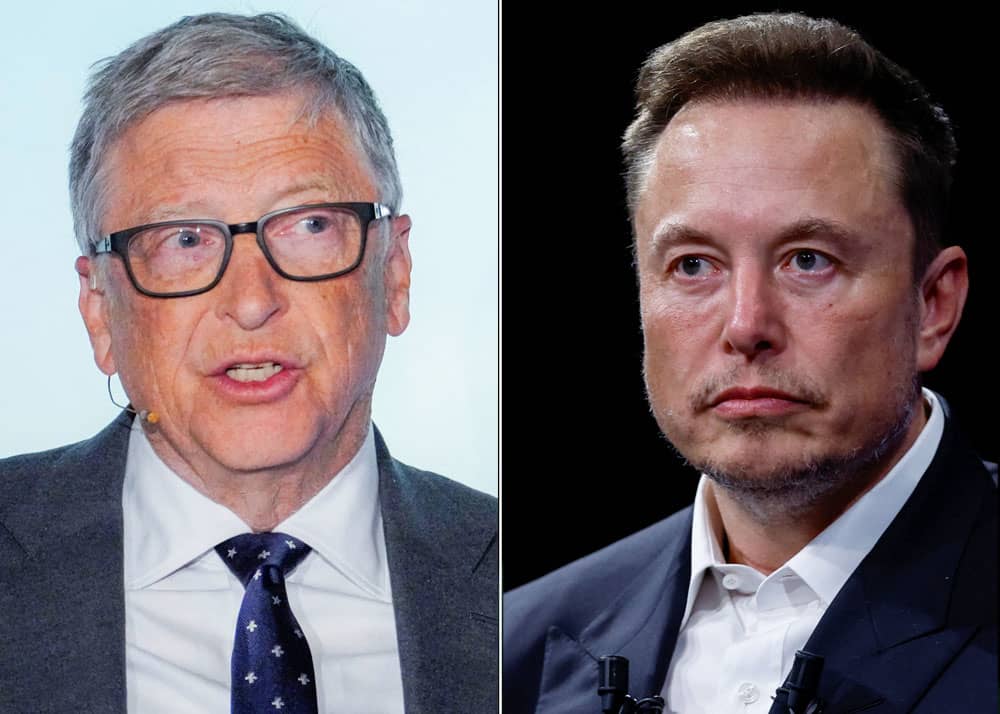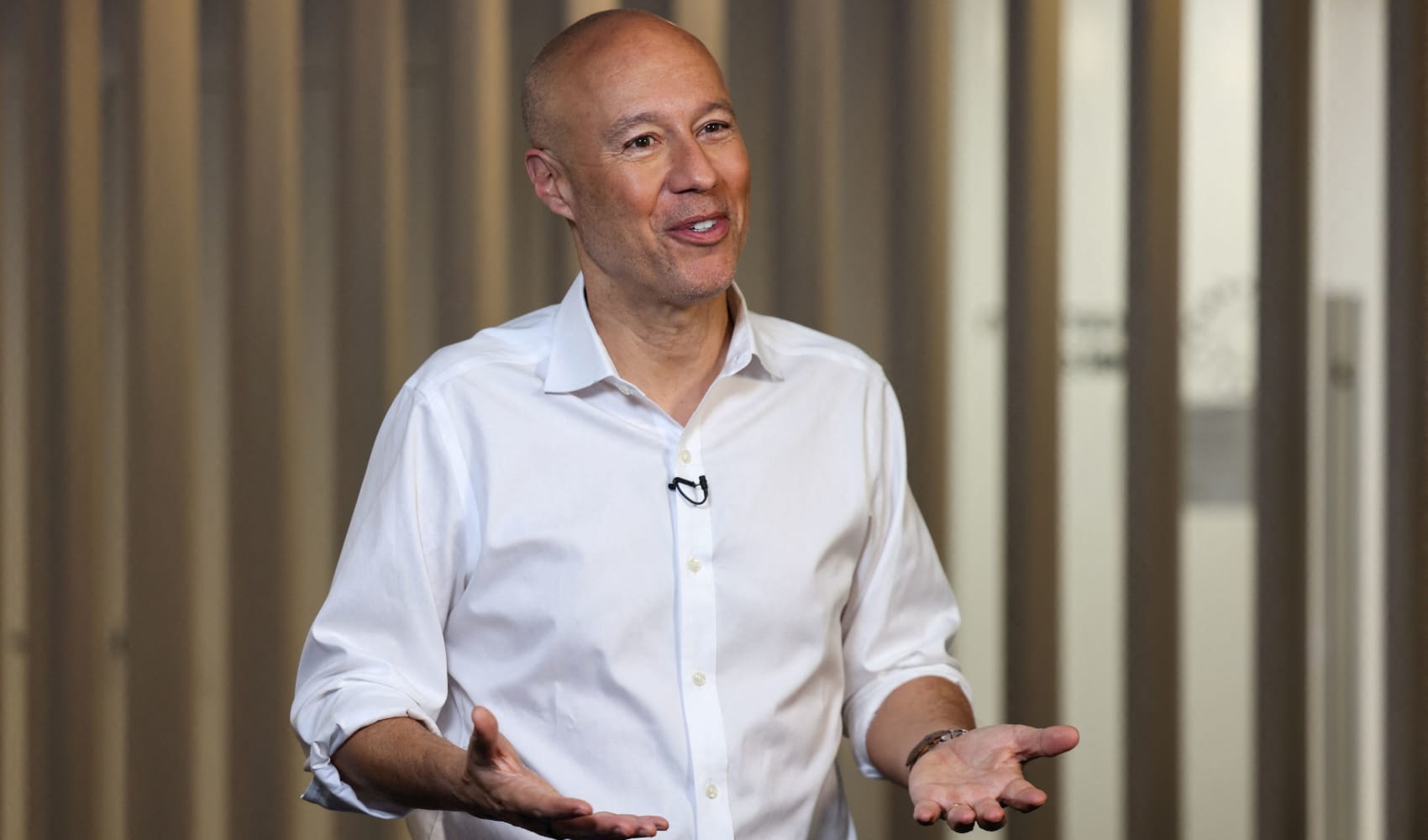Rich Nations Net Zero: Gates' Bold Climate Plan Revealed
Bill Gates: Rich Nations Must Lead the Net Zero Revolution
Introduction: The Weight of Responsibility
Bill Gates, the visionary behind Microsoft and now a leading philanthropist, has made a compelling call to action: rich nations have a responsibility, an "owe it to the world" obligation, to aggressively pursue net zero emissions. But what does this really mean, and why are wealthy countries specifically in the hot seat? We'll dive into Gates's argument, explore the implications of net zero, and consider how innovation and global cooperation can pave the way for a sustainable future. Think of it like this: if we're all in a leaky boat, those with the tools and resources have a moral imperative to start patching the holes.
The Moral Imperative: "Owe It to the World"
Gates's statement, made at the Ecosperity event in Singapore, isn't just a suggestion; it's a demand for accountability. Why? Because rich nations have historically contributed the most to greenhouse gas emissions. These countries built their wealth and infrastructure on the back of fossil fuels, effectively creating the problem. Now, they have a duty to lead the charge in finding and implementing solutions.
Defining Net Zero: More Than Just a Buzzword
What does "net zero" actually mean? It signifies achieving a balance between the greenhouse gases emitted into the atmosphere and the greenhouse gases removed from it. This doesn't necessarily mean eliminating all emissions, which might be impossible, but rather offsetting them through various methods like carbon capture, reforestation, or direct air capture technologies. It's like balancing your budget – you can still spend money, but you need to make sure you're earning an equal amount to cover those expenses.
Why Focus on Rich Nations?
Historical Responsibility and Technological Capacity
As mentioned, wealthier countries bear a disproportionate responsibility for past emissions. They also possess the financial and technological resources needed to develop and deploy innovative solutions. They can afford to invest in renewable energy, carbon capture technologies, and other climate-friendly initiatives that developing nations may struggle to finance.
Setting an Example and Inspiring Global Action
If rich countries demonstrate that net zero is achievable, it sets a powerful example for the rest of the world. It shows that sustainable development is not just a pipe dream but a tangible goal. This leadership can inspire other nations to adopt similar strategies and accelerate the global transition to a low-carbon economy. Think of it like a domino effect – one country takes the lead, and others follow.
The Power of Innovation: Gates's Call to Action
Gates isn't just calling for emissions reductions; he's advocating for a massive surge in investment in innovative climate technologies. This includes everything from advanced batteries and next-generation nuclear reactors to sustainable agriculture and carbon capture systems. Innovation, he argues, is the key to unlocking affordable and scalable solutions.
Innovation Investments: Where Should the Money Go?
Renewable Energy Breakthroughs
While solar and wind power are already becoming increasingly competitive, further breakthroughs are needed to improve their efficiency, reliability, and storage capabilities. This includes developing more efficient solar panels, advanced battery technologies, and improved grid infrastructure.
Carbon Capture and Storage (CCS) Technologies
CCS technologies are designed to capture carbon dioxide emissions from industrial sources and store them underground, preventing them from entering the atmosphere. While still in its early stages, CCS has the potential to significantly reduce emissions from power plants and other industrial facilities.
Sustainable Agriculture and Food Systems
Agriculture is a significant source of greenhouse gas emissions. Investing in sustainable farming practices, such as no-till farming, cover cropping, and precision agriculture, can reduce emissions, improve soil health, and increase food production. We also need to consider alternative protein sources to reduce reliance on methane emitting livestock.
Next-Generation Nuclear Energy
Advanced nuclear reactors offer the potential for safe, clean, and reliable electricity generation. Some designs are inherently safer and produce less waste than conventional reactors. Gates himself has invested in TerraPower, a company developing a next-generation nuclear reactor.
Singapore and the Gates Foundation: A Strategic Partnership
The Gates Foundation's decision to establish an office in Singapore underscores the city-state's growing importance as a hub for innovation and sustainability in Southeast Asia. Singapore's commitment to green technology and its strategic location make it an ideal base for the foundation's regional efforts.
Beyond Technology: Policy and Collaboration
Technology alone won't solve the climate crisis. We also need strong policies, international cooperation, and behavioral changes. Governments need to implement carbon pricing mechanisms, invest in green infrastructure, and promote energy efficiency. International collaboration is essential to share knowledge, transfer technology, and coordinate global efforts.
The Role of Individuals: What Can We Do?
While governments and corporations have a significant role to play, individuals can also make a difference. Simple actions like reducing energy consumption, eating less meat, and supporting sustainable businesses can collectively have a significant impact. It's like voting with your wallet – supporting companies that are committed to sustainability.
Addressing Concerns and Criticisms
The transition to a net zero economy will inevitably face challenges and criticisms. Some argue that it will be too expensive or that it will harm economic growth. Others question the feasibility of certain technologies or the effectiveness of carbon offsetting schemes. Addressing these concerns requires transparency, open dialogue, and evidence-based policymaking.
The Economic Opportunities of a Green Transition
While there are upfront costs associated with the transition to a net zero economy, there are also significant economic opportunities. The development and deployment of clean energy technologies will create new jobs and industries. Investing in green infrastructure can improve public health and create more livable cities. Embracing sustainability can also enhance a country's competitiveness in the global marketplace.
The Path Forward: A Call for Bold Action
The climate crisis is a defining challenge of our time. Meeting this challenge requires bold action, ambitious goals, and unwavering commitment. Bill Gates's call for rich nations to lead the way is a crucial step in the right direction. By investing in innovation, adopting sustainable policies, and fostering international collaboration, we can create a future where economic prosperity and environmental sustainability go hand in hand.
Conclusion: A Shared Responsibility for a Sustainable Future
Bill Gates's message is clear: rich countries must lead the charge to net zero emissions. This isn't just about reducing pollution; it's about taking responsibility for the past and building a sustainable future for all. By investing in innovation, implementing effective policies, and fostering global collaboration, we can create a world where economic prosperity and environmental sustainability go hand in hand. The journey to net zero won't be easy, but it's a journey we must embark on together.
Frequently Asked Questions
- What exactly does "net zero emissions" mean? Net zero means achieving a balance between the amount of greenhouse gases emitted into the atmosphere and the amount removed. This can be done through reducing emissions and offsetting any remaining emissions through carbon capture or other methods.
- Why are rich countries being asked to take the lead? Rich countries have historically contributed the most to greenhouse gas emissions and possess the financial and technological resources to develop and deploy climate solutions. They also have a moral obligation to lead the way.
- What are some examples of innovative climate technologies? Examples include advanced batteries for energy storage, carbon capture and storage (CCS) technologies, sustainable agriculture practices, and next-generation nuclear reactors.
- What can individuals do to help achieve net zero emissions? Individuals can reduce their energy consumption, eat less meat, support sustainable businesses, and advocate for climate-friendly policies.
- Is achieving net zero emissions economically feasible? While there are upfront costs associated with the transition to a net zero economy, there are also significant economic opportunities in the development and deployment of clean energy technologies. A sustainable future can also bring long-term economic benefits.





